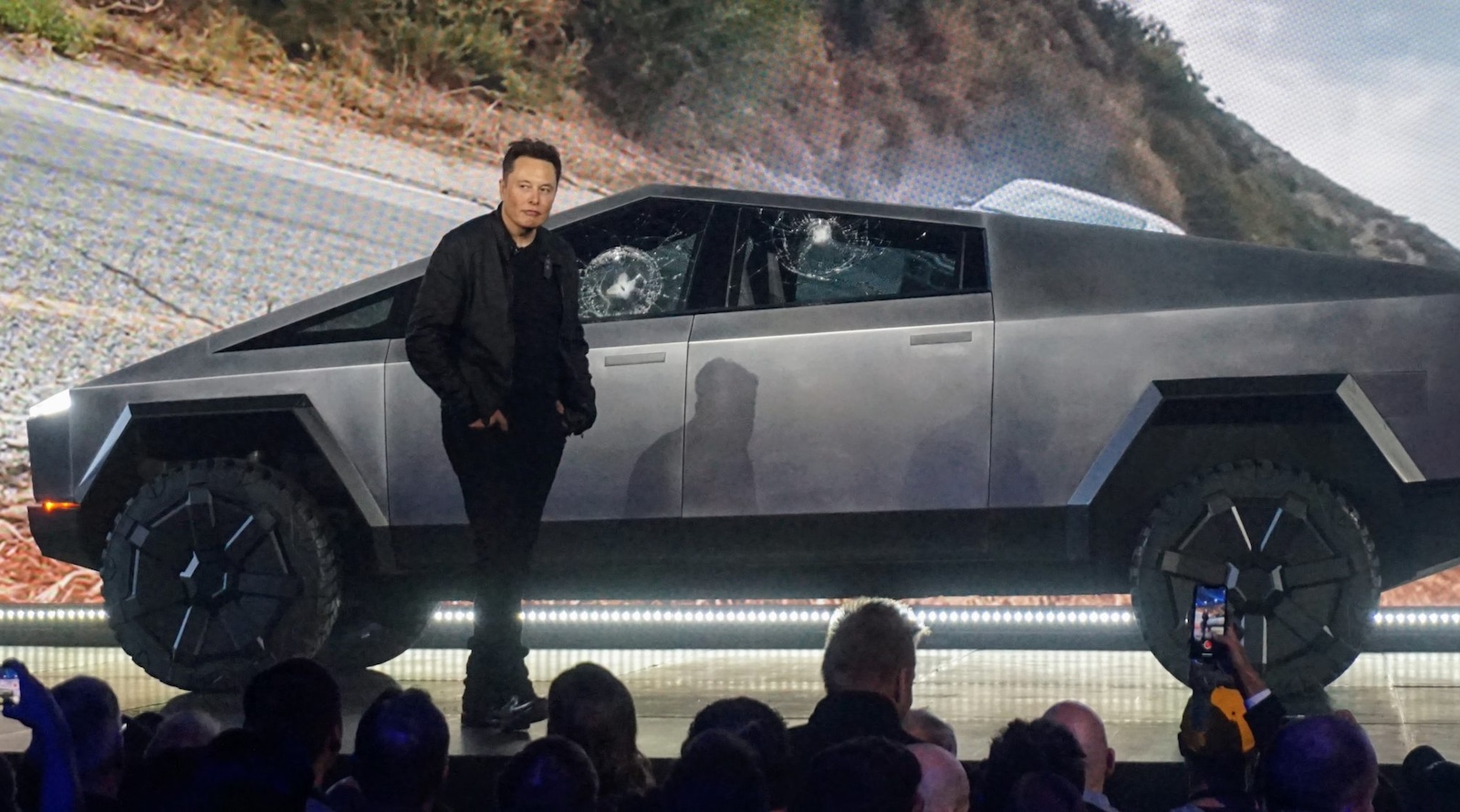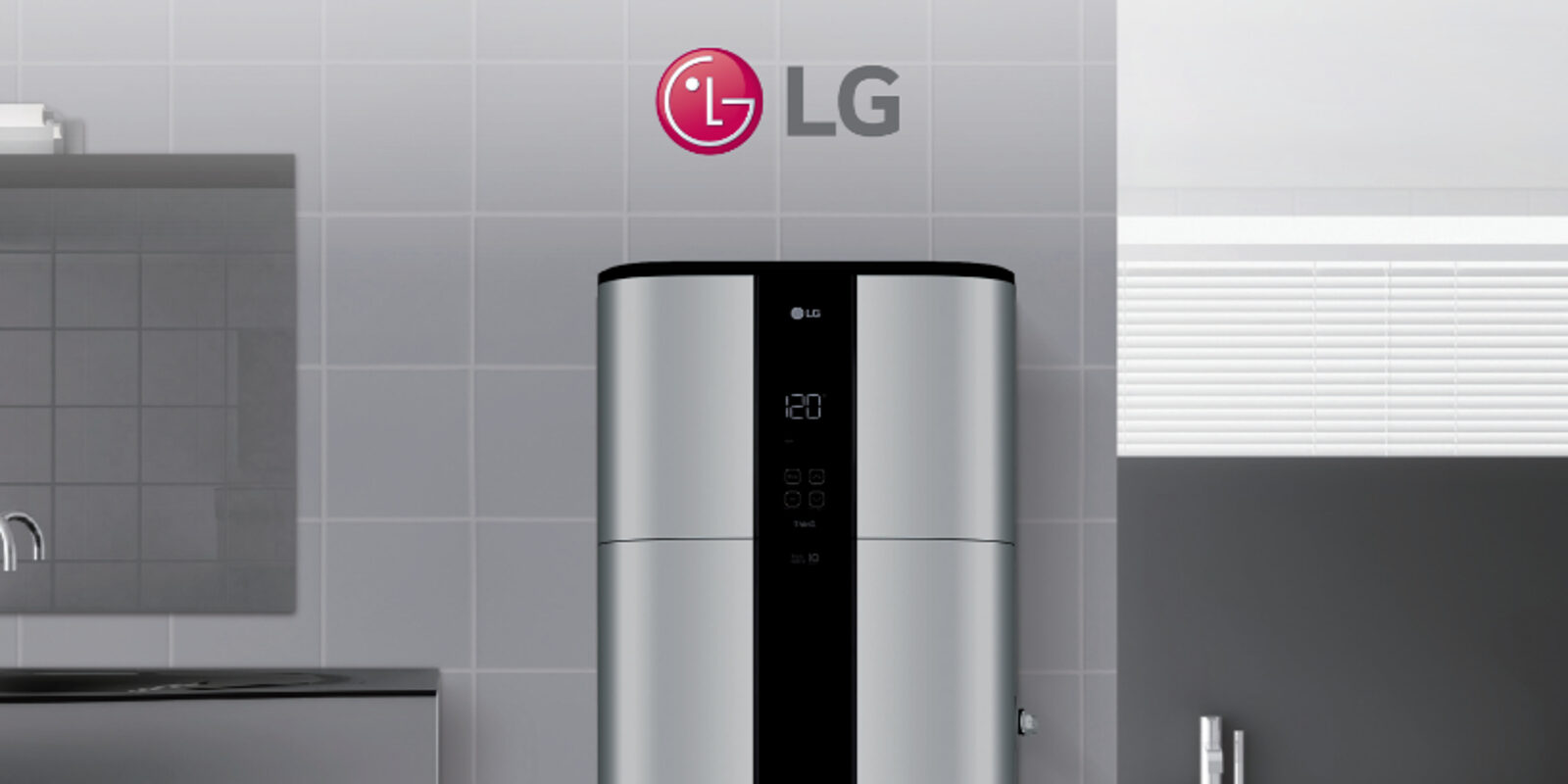
Sign up for daily news updates from CleanTechnica on email. Or follow us on Google News! Participants From Municipalities, Tribes, and Community-Based Organizations Will Convene for Six Months To Learn From Each Other and Experts About Agrivoltaics, Residential Energy Efficiency Programs, and Electrifying Municipal Fleets The U.S. Department of Energy ... [continued]








